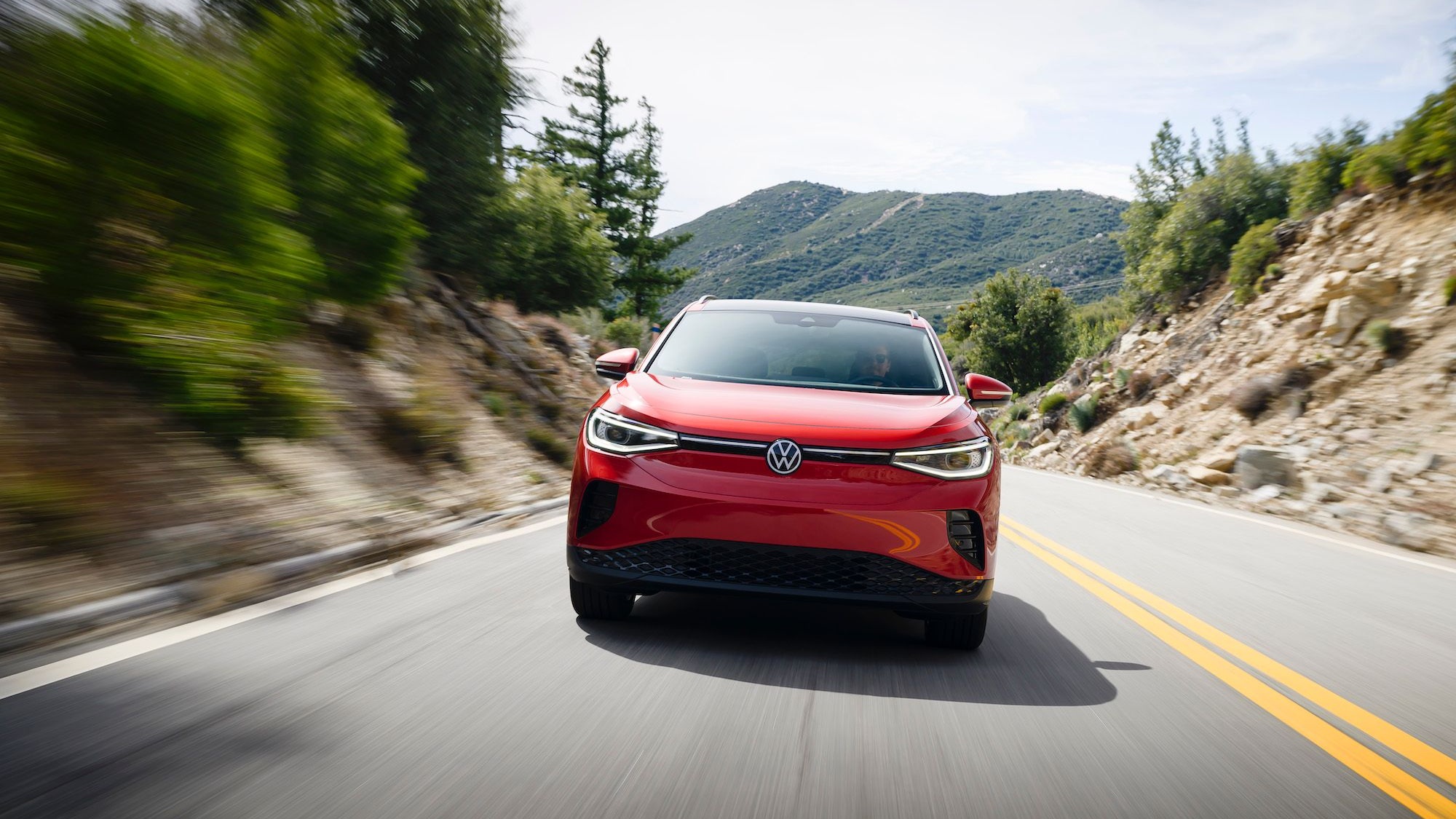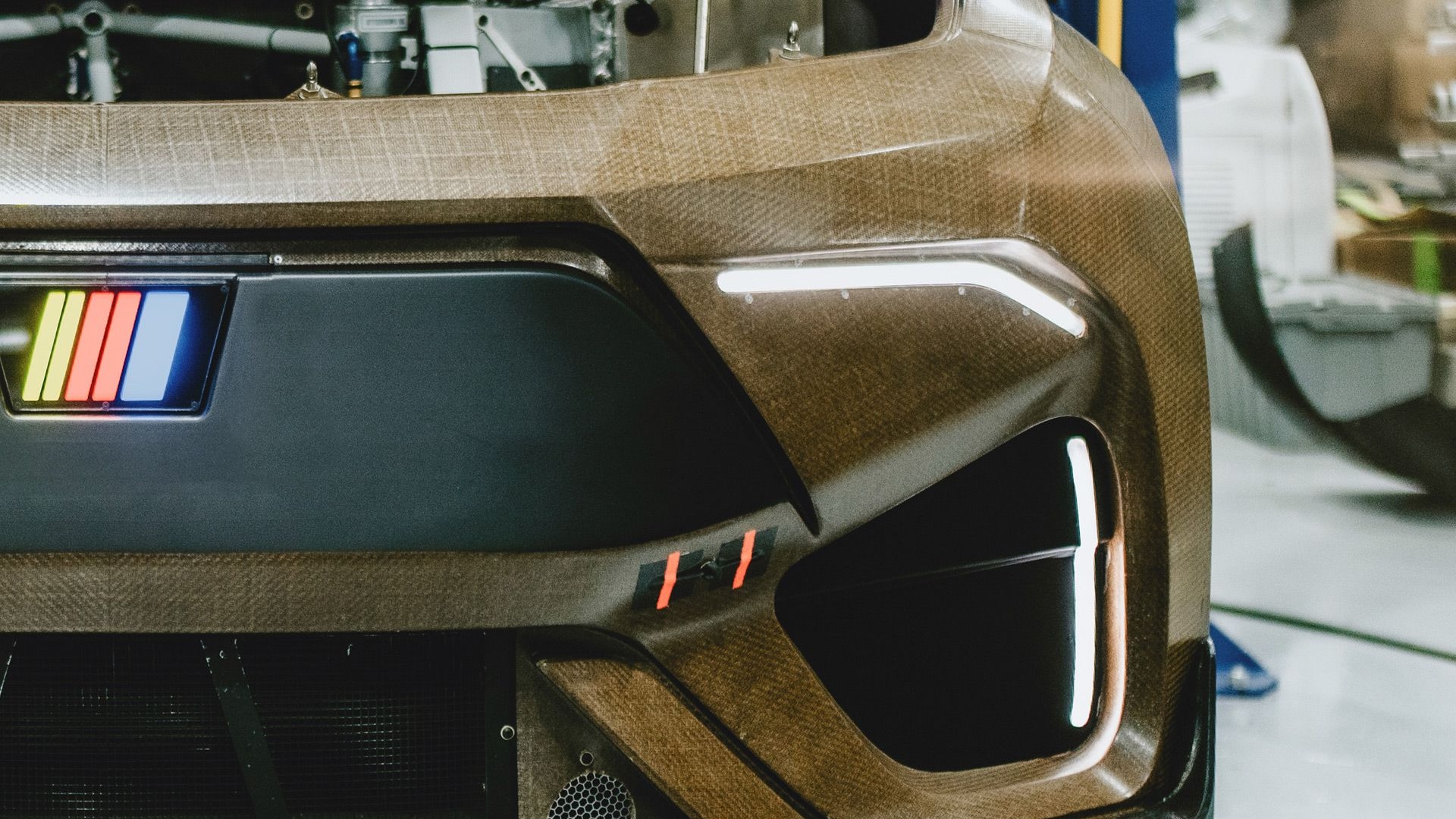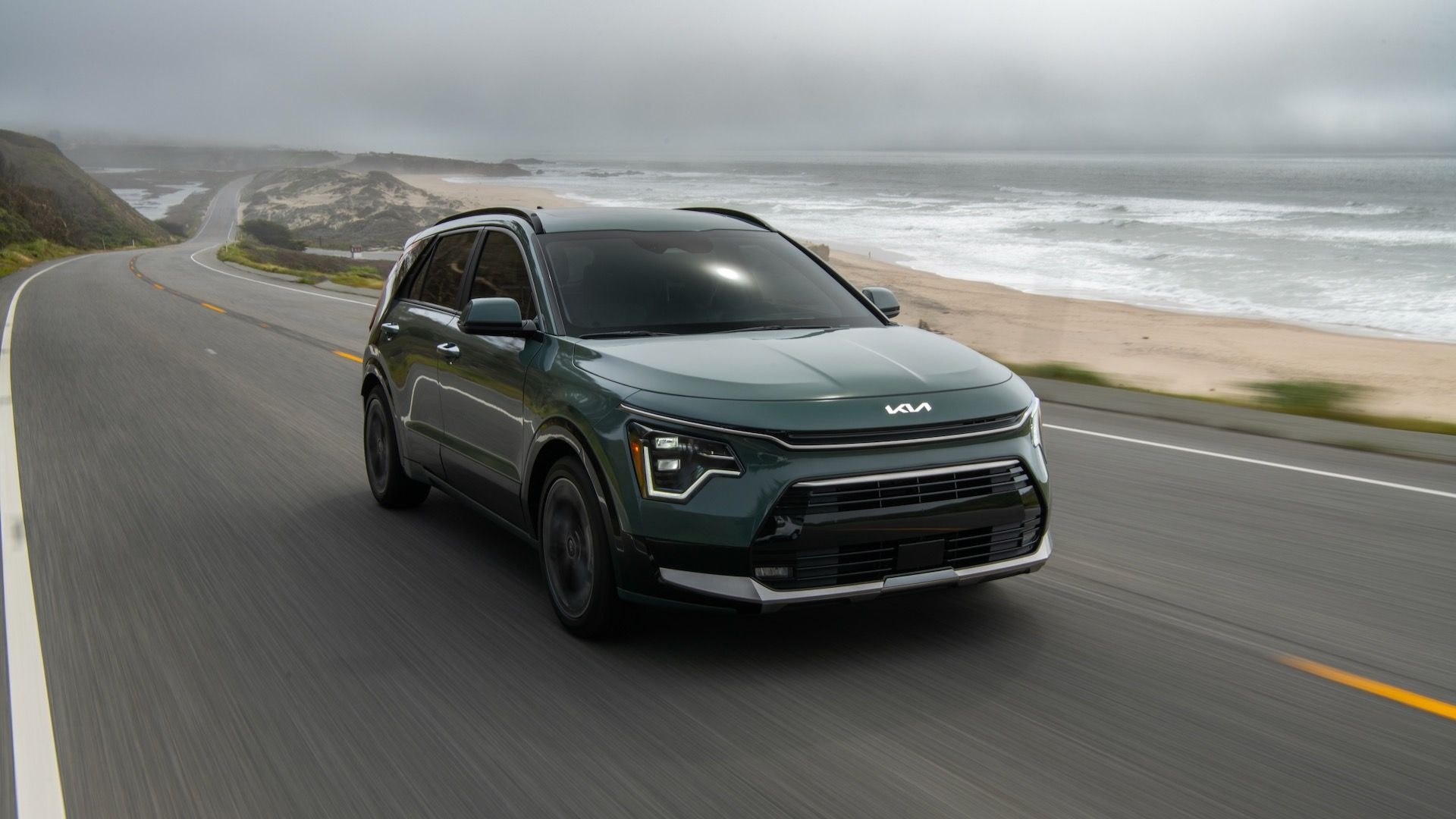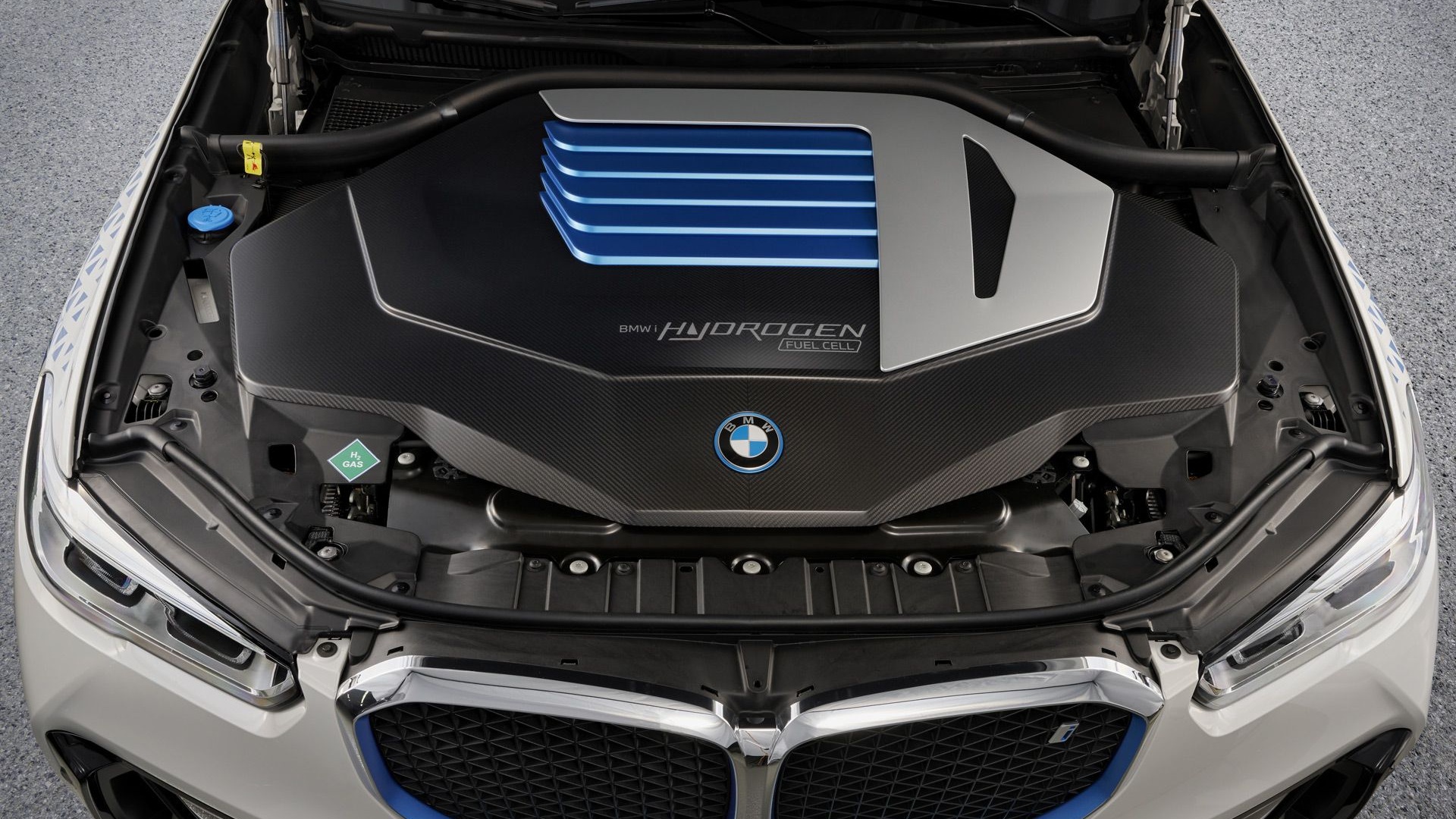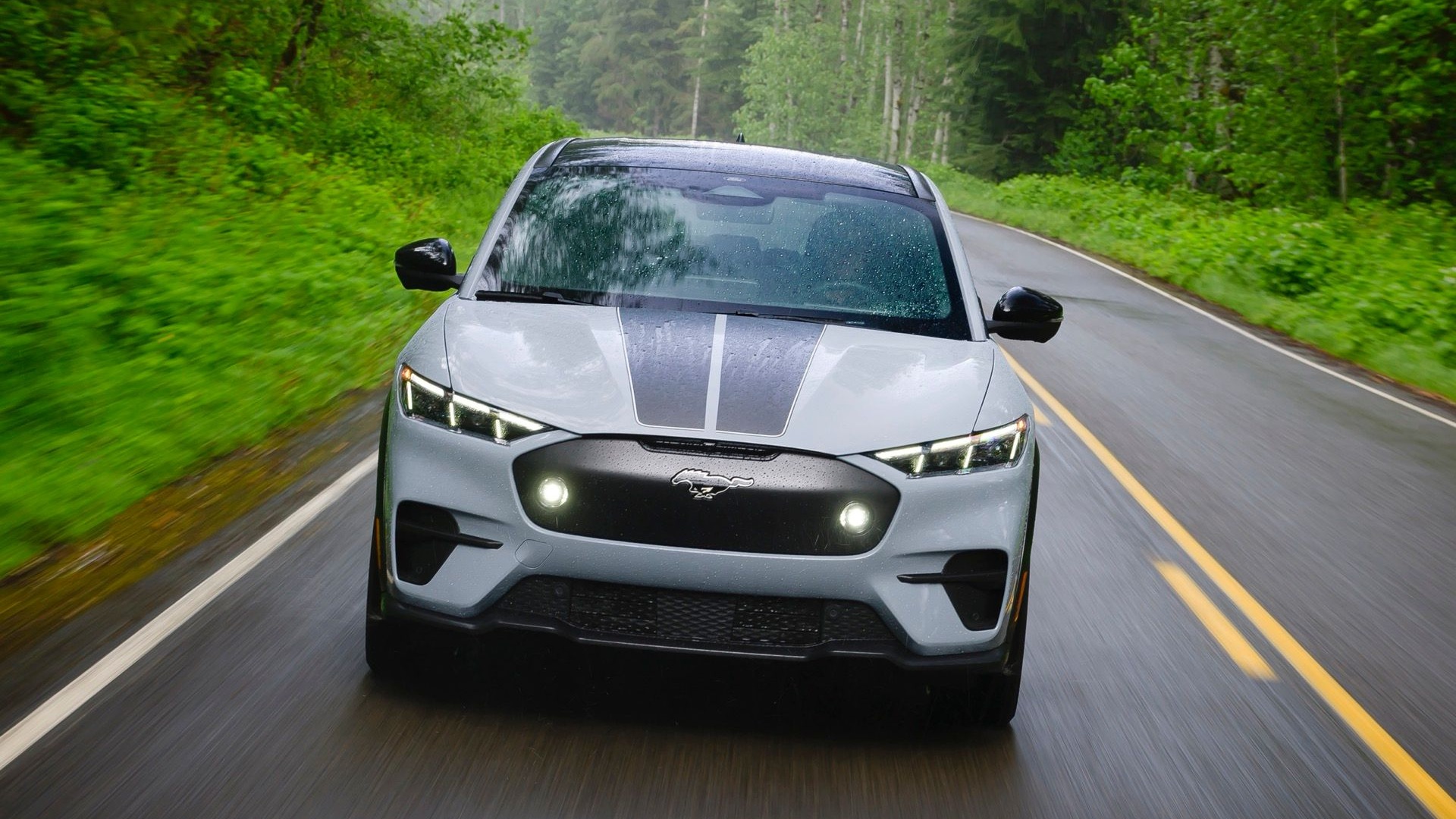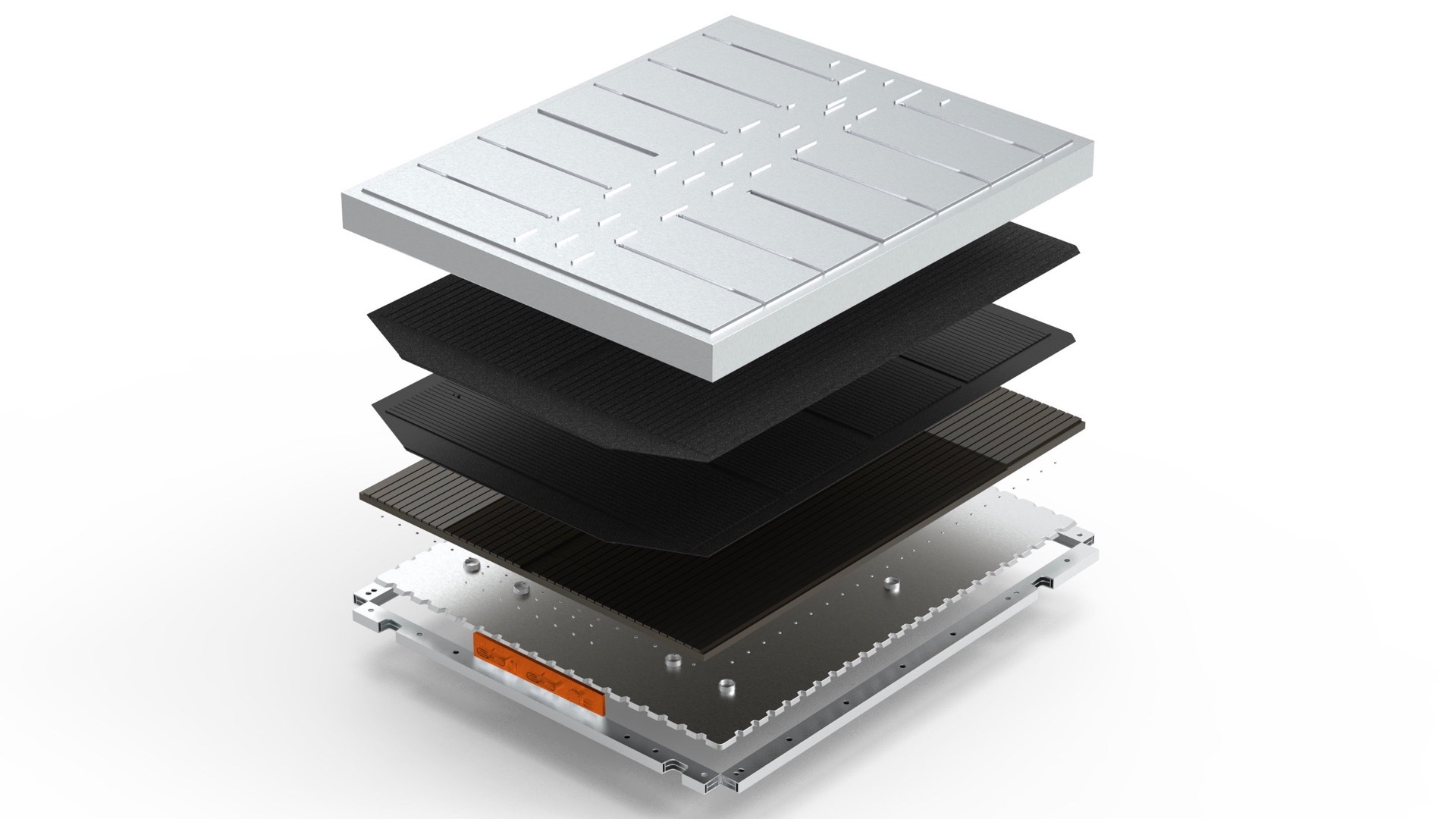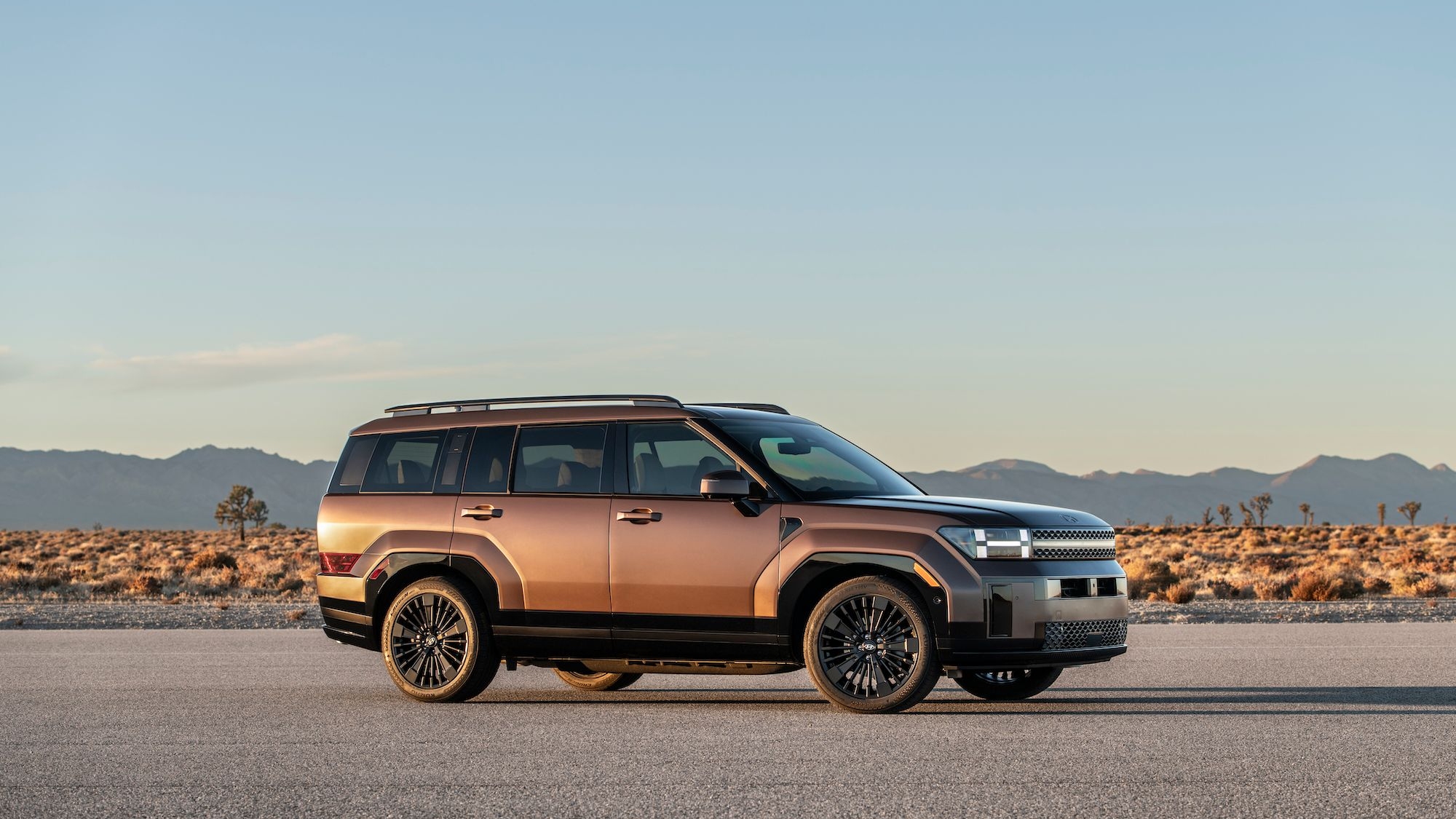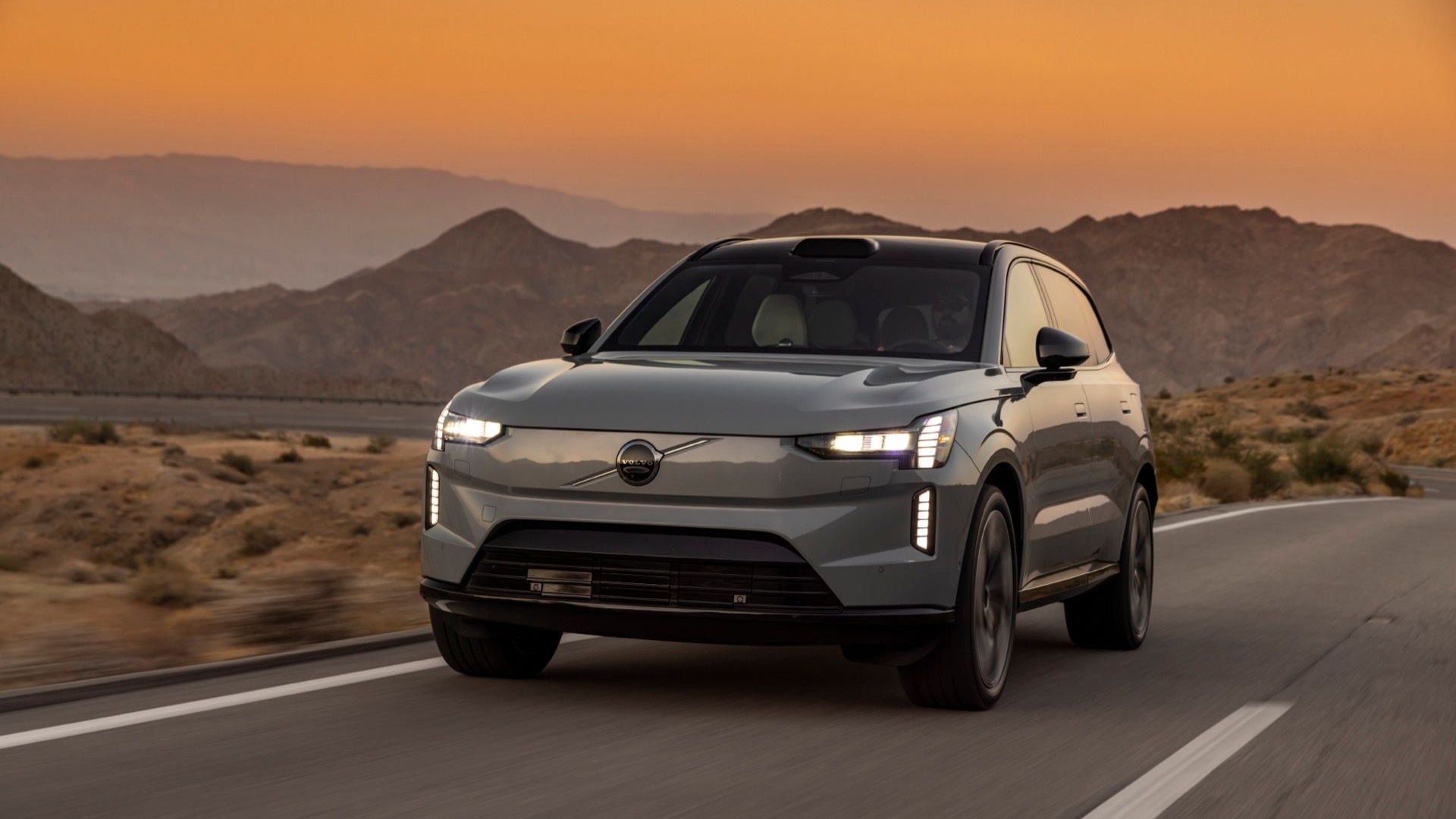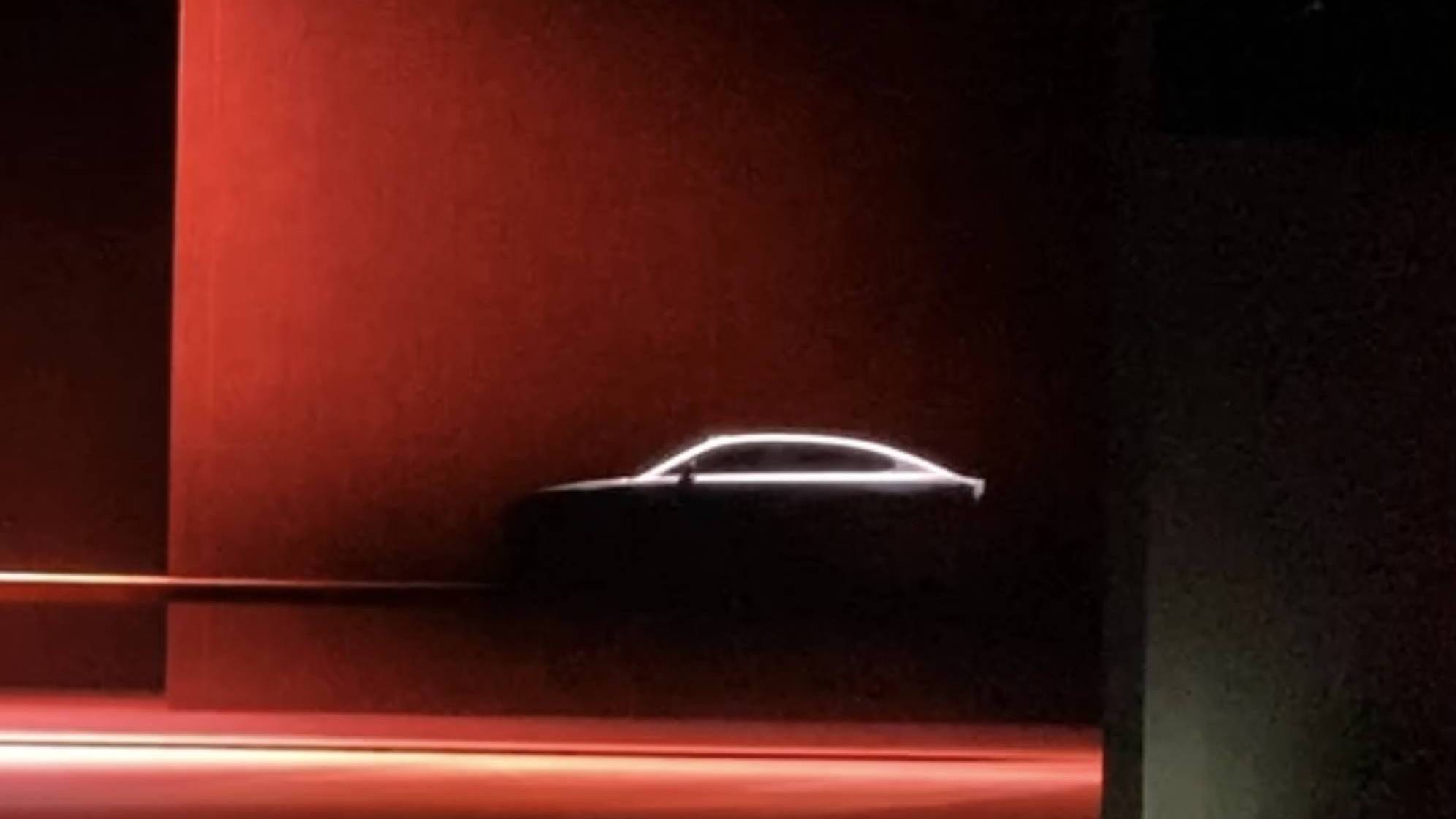- Gordon Murray Group sold Gordon Murray Technology
- Gordon Murray Technology was the EV division for the automotive group
- CEO Phil Lee doesn't see the EV supercar market developing, focusing on V-12s
The winds of the all-in EV future are shifting for everyone from mainstream automakers to niche supercar companies.
On Monday, Autocar cited comments from Phil Lee, CEO of Gordon Murray Group (GMG), revealing the company sold its EV division last year.
The division, known as Gordon Murray Technology, was part of the larger Gordon Murray Group, which consists of the Gordon Murray Automotive car business and Gordon Murray Advanced Engineering development and engineering business.
Gordon Murray, the designer responsible for the McLaren F1 and founder of GMG, serves as the executive chairman and remains involved with the businesses.
Lee said the Gordon Murray Technology EV division was sold to CYVN Holdings investment group. The Abu Dhabi government is linked with CYVN Holdings, which is also one of the top investors in the Chinese automaker Nio.
Gordon Murray Technology was established in 2022. The division announced development of two electric SUVs, one of which was to be sold by Gordon Murray Automotive. The state of the two electric SUVs is unknown.
ForSeven, a CYVN-backed EV startup, was working with Gordon Murray Technology before the sale. Lee said the project was became huge and started to swamp the team's focus off Gordon Murray Automotive's supercars.
Lee wouldn't disclose how much Gordon Murray Technology sold for, but noted the sale gave the team focus and cash to move forward with their V-12-powered supercars.
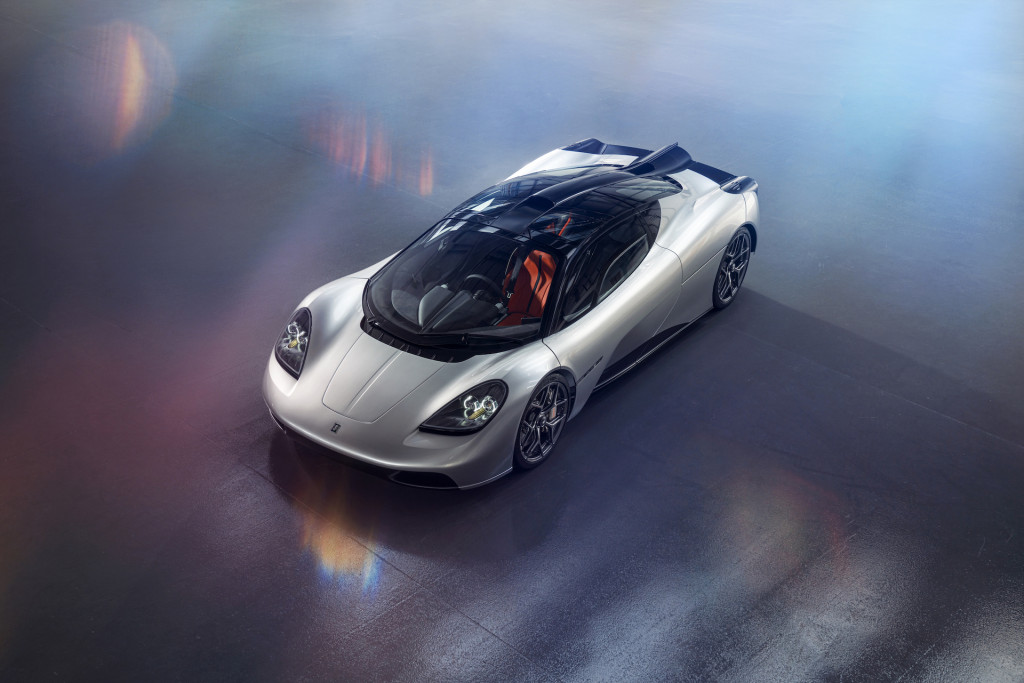
GMA T.50
The cash infusion is being used to get the T.50, T.50S, and T.33 supercars, all powered by V-12 engines, out the door. The supercars are sold out through 2028.
Lee said the company needs to protect the V-12 engine given where the automotive market is going. There's big demand for the emotion the 12-cylinder powertrain provides.
"I'm not completely sure that there is a place for electric supercars in the way that there is a V-12," Lee said.
The automaker will go hybrid at some point to keep the V-12 alive as long as possible, according to Lee. But the hybridization will be "clever" instead of a more conventional design with a big battery, series, or parallel system.
Current legislation puts the cut-off at 2040 in the U.S., 2035 in Europe, and 2030 in the U.K. before the automaker would need hybridization. Lee said the team will work on lobbying to protect low-volume vehicles from the regulations.

